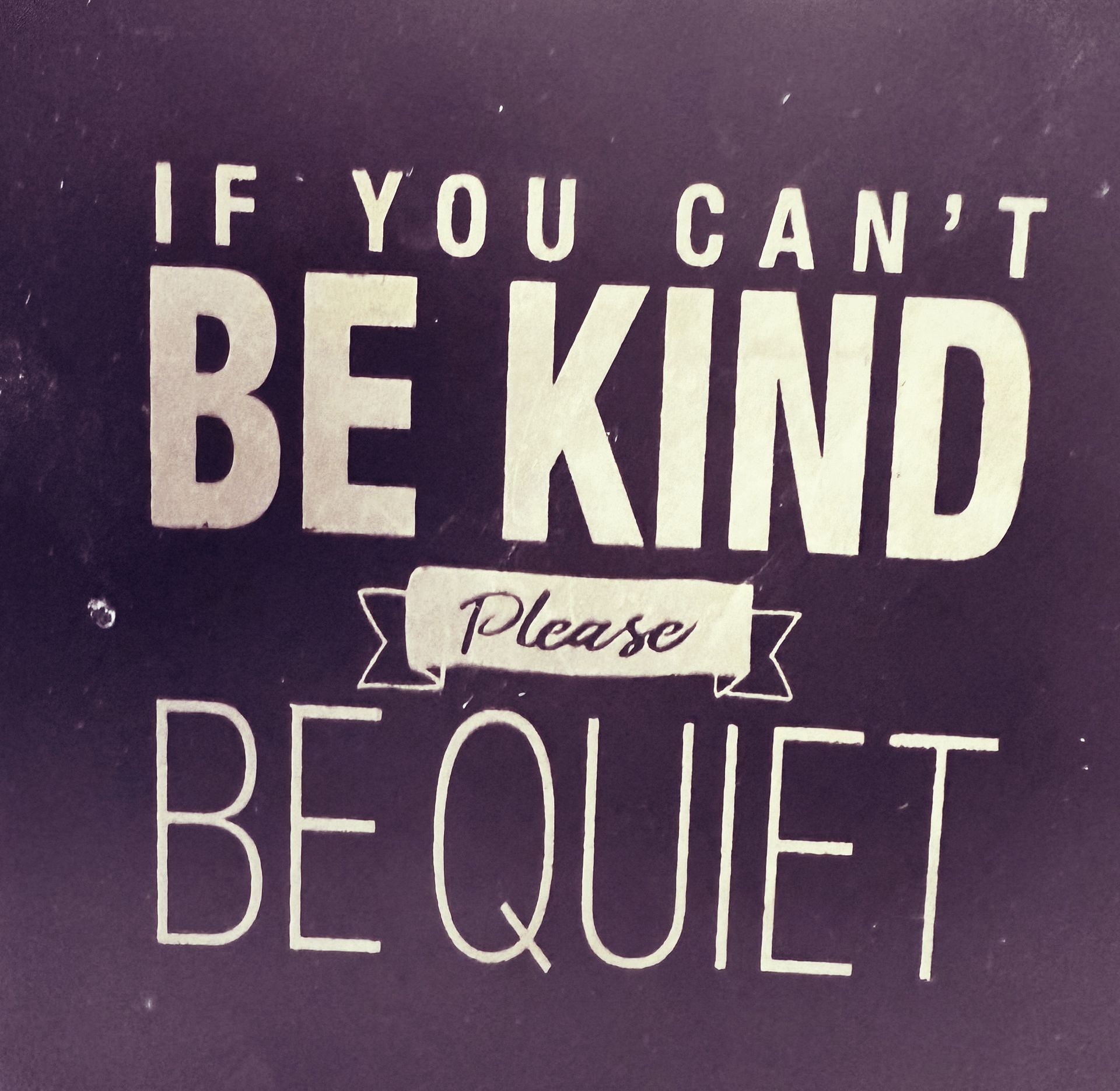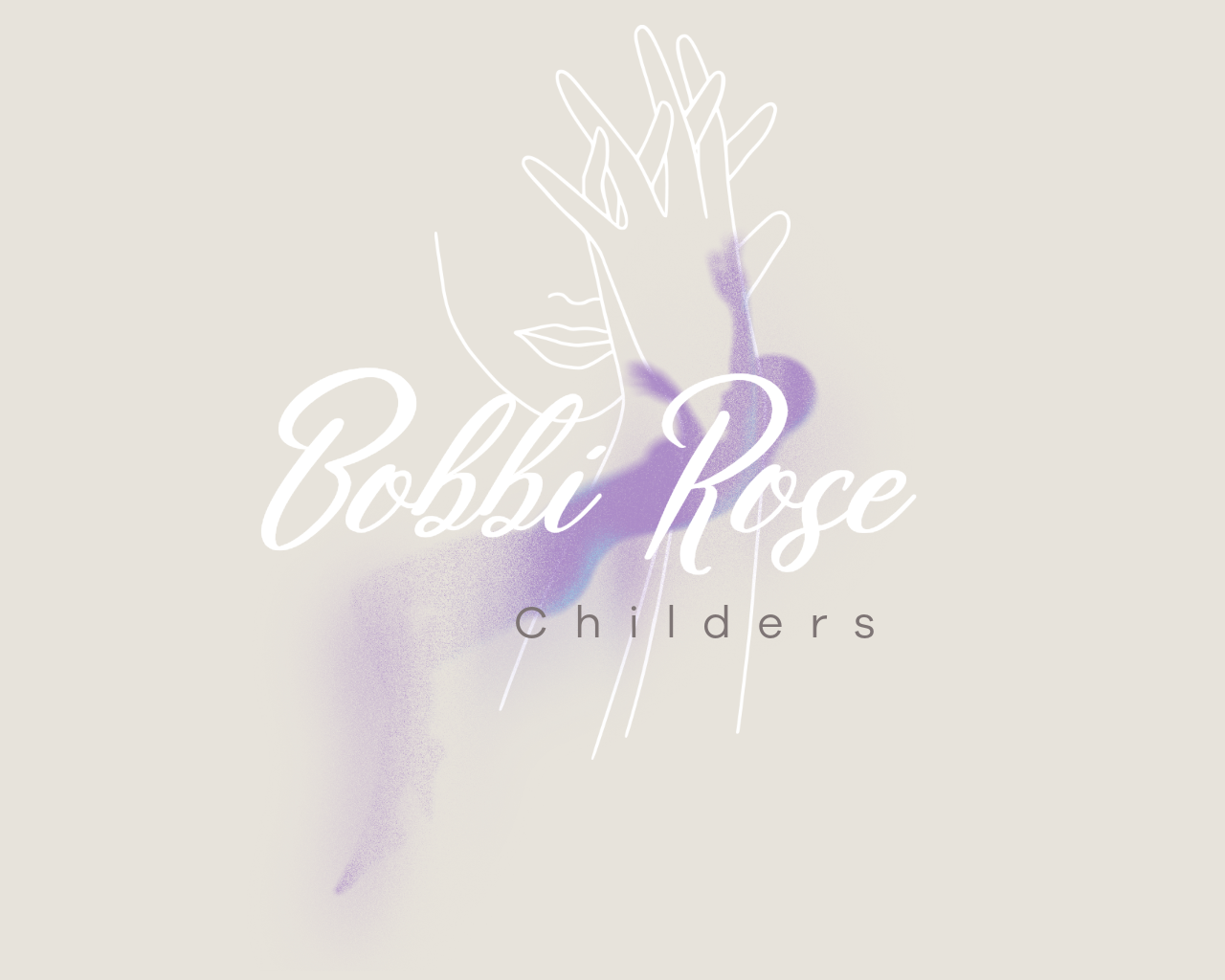Kindness is not, and does not, have to be mistaken for weakness. We can be meaningful without being mean.

Oftentimes growing up it was common to hear elders cautioning, "if you don't have something nice to say, don't say anything at all". While this was aimed at teaching young children social aptitude and manners, it is a valuable lesson for professional life and leadership. If you can't be kind, please be quiet. It isn't just a request to preserve the person who may be the receiver of unkind words or tone; it is also to save those in the surrounding environment who can be affected by these interactions. Just like the young children being taught to keep their "not nice" comments to themselves when we were young, consider the awkwardness, hostile work environments, and employee turnover issues we could mitigate by teaching professionals to manage their mouths?
So does this mean we must muzzle our leaders, create workplace environments where feedback is dishonest, or remain silent on critical issues? Not at all. This means that we, as leaders, mentors, educators, and professionals, must live by our goals and be clear in our modeling. Suppose the organizations we work for support harsh criticism or disregard how people receive feedback. In that case, we may continue to chastize in public spaces, ridicule performance shortcomings with no support plan, and tolerate bullying as part of the culture. When we bring new team members into our organizations, we can expect that they, too, will learn and embrace the harshness of this technique demonstrating the same treatment to their peers, stakeholders, and clients. What are we expecting to gain from this other than unsatisfied staff, turnover, low-quality outputs, and low morale? We can't bully people into change or improvement.
On the other hand, if our goal is to empower learning and provide feedback towards progress, we can give criticism constructively. Our training programs, consistent leadership, and dedication to development can support continuous learning. Criticism must have a point or is, therefore, pointless. What good is it to tell someone they are disappointing or failing without a plan? That they performed terribly without hope of doing better? That they are too slow, incompetent, or can't do something correctly? You may have made them aware and communicated your dissatisfaction and frustration, but what is the plan? Who was responsible for teaching them in the first place? What was the plan to meet and support competency goals during the learning process? Did they fail, or did we fail them?
Addressing someone needing feedback means more than telling them they are awful at something. If we aren't meeting them to understand why they are not performing, what barriers may exist, how their performance pathway became derailed, and consider their input towards planning, we are simply being unkind. We are accountable for the success of those we lead, as are those we are leading, also for our own.
Criticism without contribution is simply an "FYI" with little meaningful help and most often just mean. If the intent is to support, provide that. If it is to be meaningful, share the meaning. The "kindness" doesn't come from being caring, gentle, or "sugarcoating" the message - it comes from providing useful information from which someone can make a change. As a leader, trainer, educator, or peer the next time you think about telling someone they suck at something, unless you have something to contribute to help them not suck -
...if you can't be kind, please be quiet.


